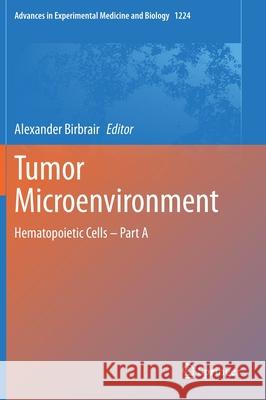Tumor Microenvironment: Hematopoietic Cells - Part a » książka
topmenu
Tumor Microenvironment: Hematopoietic Cells - Part a
ISBN-13: 9783030357221 / Angielski / Twarda / 2020 / 146 str.
Tumor Microenvironment: Hematopoietic Cells - Part a
ISBN-13: 9783030357221 / Angielski / Twarda / 2020 / 146 str.
cena 605,23
(netto: 576,41 VAT: 5%)
Najniższa cena z 30 dni: 578,30
(netto: 576,41 VAT: 5%)
Najniższa cena z 30 dni: 578,30
Termin realizacji zamówienia:
ok. 16-18 dni roboczych.
ok. 16-18 dni roboczych.
Darmowa dostawa!
Kategorie:
Kategorie BISAC:
Wydawca:
Springer
Seria wydawnicza:
Język:
Angielski
ISBN-13:
9783030357221
Rok wydania:
2020
Wydanie:
2020
Numer serii:
000253056
Ilość stron:
146
Waga:
0.50 kg
Wymiary:
25.4 x 17.78 x 1.12
Oprawa:
Twarda
Wolumenów:
01
Dodatkowe informacje:
Wydanie ilustrowane











